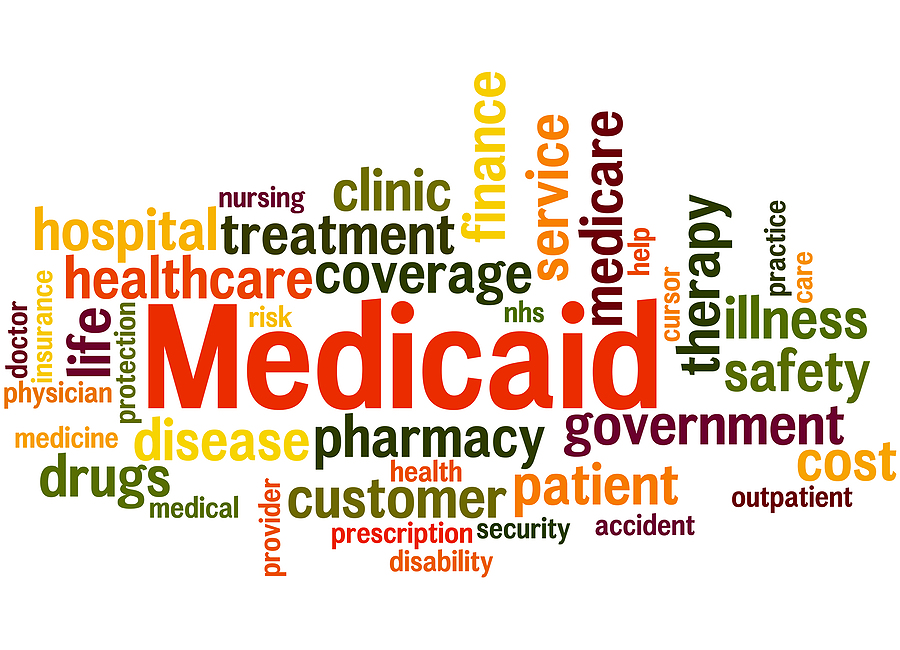While October 1, 2020 may feel like it’s a long way off, it will be here before you know it. October 1 is the date when a host of new rules go into effect regarding Medicaid home care and all community based long term care services. It is essential to plan now if this is on the event horizon for you or a member of your family.
Perhaps the most significant change is the 30 month look-back for Community Medicaid. It provides care for people at home and other benefits for people living in the community. After October 1, 2020, anyone who wants to receive Community Medicaid benefits must submit financial statements for the past 30 months, or 2.5 years, when applying for benefits. Any funds transferred by the applicant or a spouse may create a period when the person will not be eligible for Medicaid benefits. That starts on October 1, 2020.
Until October 1, 2020, there is no look-back period and no penalties for transfers, so now is the time to talk with our office so we can create a plan.
Next, there are changes to the CDPAP – Consumer Directed Personal Assistance Program (CDPAP) and PCS (Personal Care Services) program. The CDPAP allows recipients to hire a non-licensed person to provide services in the home, instead of through a home healthcare agency. The person can be a family member, friend, or someone the family knows to provide caregiving, and Medicaid pays for that care.
The New York State Department of Health is creating a new assessment tool to determine how much care a person will receive through Medicaid.
And instead of your treating doctor giving you the go-ahead, after October 1, 2020, the plan of care will need to be determined by an independent physician approved by the Department of Health.
The PCS program allows Medicaid recipients to receive care services through home healthcare agencies who have contracts with the local department of social services.
Changes that also begin on October 1, 2020:
Eligibility requirements change – you must require help with three (3) ADLs (Activities of Daily Living). It is an increase from the previous requirement of needing help with two (2) ADLs, meaning people will require more care to be eligible for Community Medicaid. Those diagnosed with dementia, including Alzheimer’s, need require only help with one (1) ADL. The Activities of Daily Living include bathing, dressing, grooming, toileting, walking, turning, positioning, and feeding.
For those who believe they will need help, an application for Medicaid must be completed and submitted soon. Many people will likely wait until September, but that’s a mistake. Wait too long, and you or a loved one may not get the services needed.
If you have questions about Medicaid and these changes, please call our office at 516-307-1236. We are open and able to serve you through phone, email, and videoconferencing.

